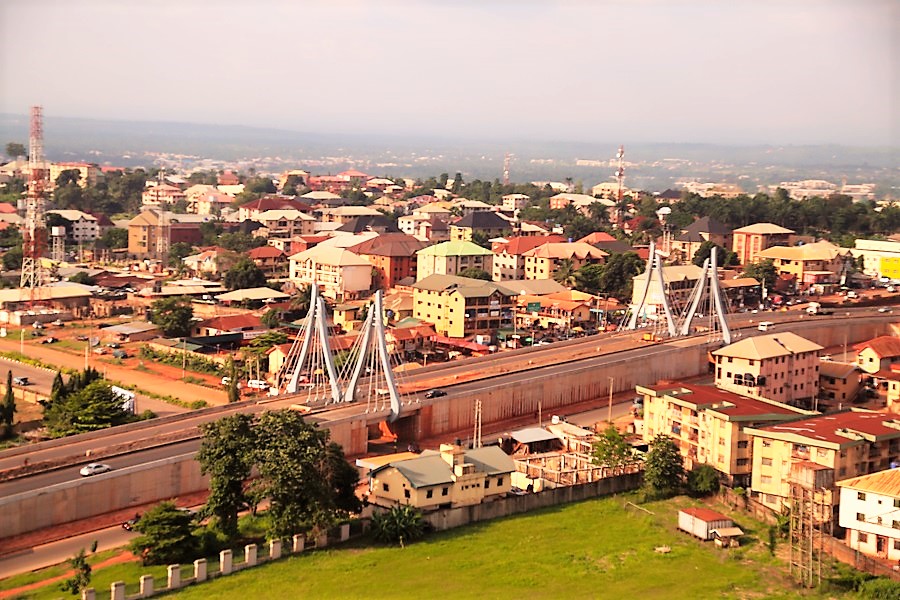For most of the developing world, resolution of the ideological debate that raged in the three decades of the 1960s – 1980s, took a middle path. The gospel of private sector driven economy which the Western monetary order upholds is problematic in third world societies where government dominates economic development. But while the need for a symbiosis in which governments help to grow the private sector to play bigger role in the economy may be appreciated, the will to act has been lacking.
However Governor Willie Obiano of Anambra State has in the past five years, brought fresh vista to the public private partnership with a string of promising, if not successful ventures. It was the ambition of the former investment banker on inauguration in 2014 to make Anambra State the ‘first choice investment destination and most preferred location to site new industries.’ More specifically, the State had eyes set on taking the lead in the production of rice, cassava and fish, with agriculture making up ‘40 percent of the State’s GDP.’
A tall ambition. Over the years, the Nigerian private sector had grown weary of government promises against the backdrop of policy inconsistency. Undue changes in government regulations and advertised incentives have had the effect of eroding confidence in government’s economic initiatives. A potential investor has to further cope with bureaucratic bottlenecks in the system. Add to these the lack of critical infrastructure especially good roads and the basic challenges of entrepreneurship come into focus.
From the Anambra State story, we find that leadership commitment is of equal importance as cognate experience to achieve breakthrough in the trying mix of public – private venture. It was not just devising a security architecture that offered reasonable safety of living; the attendant social stability flowing from good governance had to be felt. Engagement with the private sector on opportunities of worthwhile investment in the State followed and firmed up on leadership confidence, the investment rain started.
To be sure, some of the associated ventures did not come to fruition. But among those that survived their gestation periods, Stine Rice Mill, Ufuma; Josan Mills, Umumbo; Lynden Integrated Farms, Igbariam and Coscharis Rice Farm & Mill, Igbariam stand out for their marks. They all share the common input of Anambra State Investment Protection and Promotion Agency, the business driver with which the Obiano regime has fast – tracked investment. Land acquisition was facilitated through government intervention in the processes. In each case, government equity stake stands at minority shareholding yet there has been displayed a shared sense of responsibility to the ventures that is unwritten in letters and that cannot be quantified in monetary terms.
Lynden project is a N15b poultry farm engaged in production of high grade eggs and poultry meat. Spread out in 75 hectares of land, the dairy farm targets to produce 2 million chicks per year. It looks set to become the largest, automated poultry enterprise in the south east and south south on completion of its second phase. Upbeat on the economic importance of the poultry project, the state government is going the extra mile to ensure the full potentials of the scheme are harnessed. Governor Obiano has mandated increase in the state’s maize production from 70,000 137,000 metric tonnes a year – a move that will secure a source of feed for the poultry’s birds.
However, it is from the story of Coscharis Farms Limited that the primacy of a socially stable, business friendly environment comes forth clearly. Chief Cosmas Maduka provides an insight: ‘In 2014, my prayers were answered when Chief Willie Obiano became the governor of Anambra State and declared war on criminals; and in barely three months, drove them away. Anambra then, became a safe, stable and enabling environment for business and investment.’
And beyond the regulation approvals which the state government has brought into the bargain, the conformity of business targets with objectives of the state’s agro revolution is testimony to a working partnership. At the commissioning of his firm’s N12b rice mill on October 2, 2019, Maduka had provided this insight: ‘We want to contribute significantly to the government’s efforts to ensure food sufficiency through local production of rice.’ With capacity to process 40,000 metric tonnes of paddy rice per annum, Coscharis Farms has added 4.6 percent to food production in Anambra State.
The ‘rebirth’ of Omor Rice Mill by Joseph Agro Industries under public private partnership with the State Government seems all in a class of its own. Considered the biggest rice mill in Africa with a current 130,000 metric tonnes milling capacity, Chairman of the operating concern, Chief Oliver Okeke shared the success story with Obiano: ‘This is a testimony of the state government’s successful agricultural policies…Anambra State Rice, produced by Josan, …will reduce the importation of rice and save foreign exchange for Nigeria.’







